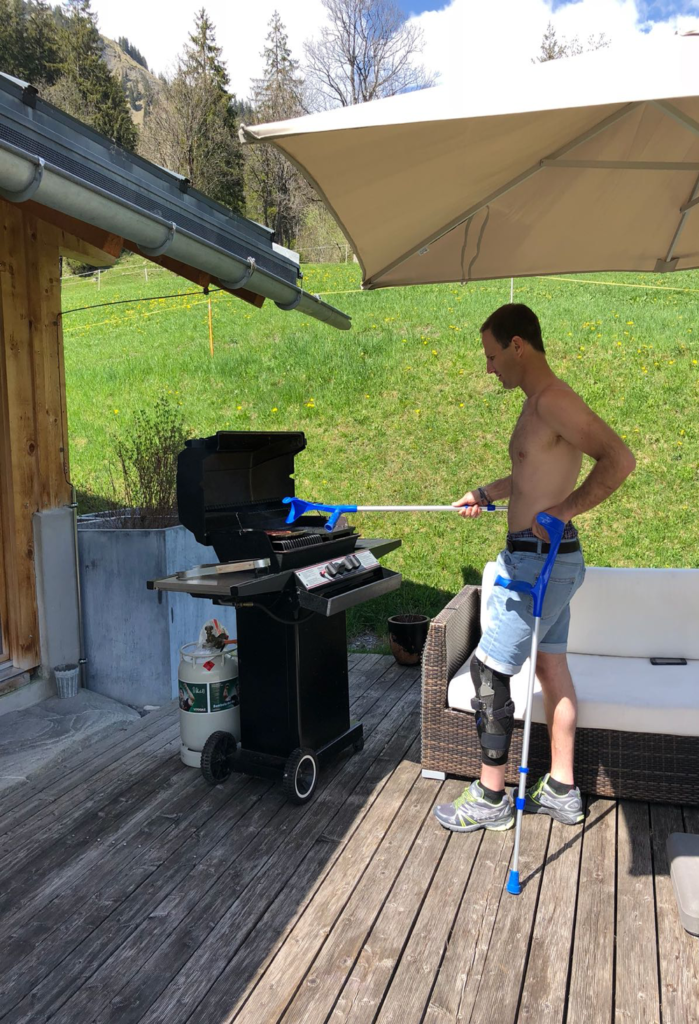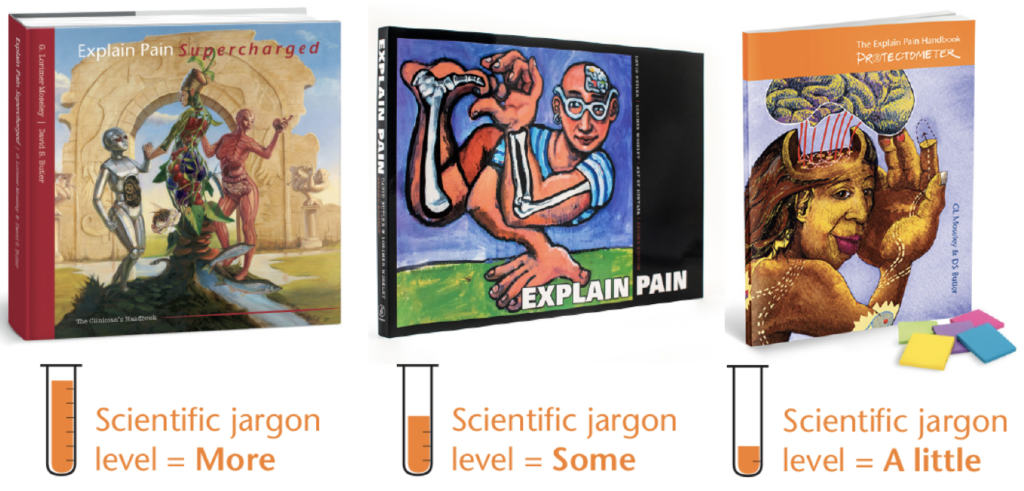When I was a boy, and got injured, I didn’t receive too much sympathy. Usually, I was blamed for getting injured in the first place. Equally, whatever the intensity of pain, it was always seen as child pain or child trauma, as if there was a difference!
‘Wait until you’re an adult and then you’ll know what real pain is, so stop crying!’
This approach led to my ‘suffering in silence’ which probably stunted my emotional growth and, laid the foundation stones for becoming an adult chronic pain sufferer. At this point let’s be clear, I don’t have a raging chronic CRPS syndrome and, I don’t suffer from the ravages of a phantom limb pain. Chronic pain is not only limited to the complex pathologies but, can be a constant low-grade pain 24/7 of variable body parts. A pain that varies greatly depending on the context of the moment (for those of you that know – the DIM SIM balance). Some people might call that polymyalgia but, I personally, don’t buy into that term.
Compassion
As a parent, when my boys were young, fortunately, something inside me was saying that my parents approach sucked. No such knowledge at the time as today, I still adopted a more compassionate approach. Rapid assessment of the event and damage control, followed by a loving reassuring hug and kisses and, distraction via play, plaster, ice cream or that which felt appropriate. Any educational ‘what the hell were you thinking when you did that’ was put on hold until an appropriate time in the future. The end result being two healthy boys, happy in their lives enjoying, between accidents, a relatively pain-free existence.
Don’t try this at home
Talking of which, one of my sons has recently experienced a life threatening accident, whilst skiing, resulting in serious, but I hasten to add, resolvable injury to his left knee (keep it positive).

His initial contact with physiotherapists was very negative, plummeting him into deeper despair. Such comments as “Oh my god your knee shouldn’t squeak like that I’m not going to touch it!” creating fear and anxiety for his future. Appropriate knowledge, post-accident, from an informed compassionate physiotherapist, transformed his outlook for his future career as a professional mountaineer. As you can see from the photo, his crutches have become an asset, a SIM (Safety In Me), not a DIM (Danger In Me).

I think what I am saying is that, context is not only vitally important to embrace short term, when it comes to how much we hurt and suffer for the initial recovery but, long term for the final result and the avoidance of chronicity. If we can create a better, rosier context in our interaction with our patients then we have achieved already a lot. Check out the following video where this elderly gentleman’s context was dramatically changed by what he heard and relived.
[youtube]
Next time you walk into the room and your next patient is lying there waiting anxiously for your opinion, stay positive and package the negative with a smile of reassurance. Focus less on what might be wrong but more on how you can aid recovery.


Well said and best wishes to your son’s recovery!
Thank you Bob I’ll Pass that on 👍